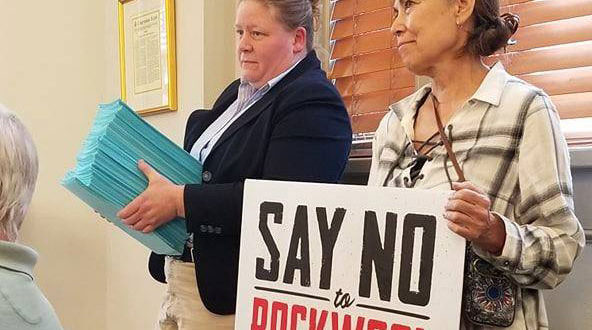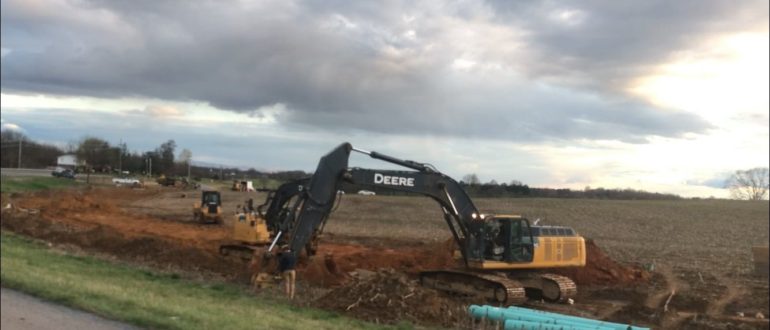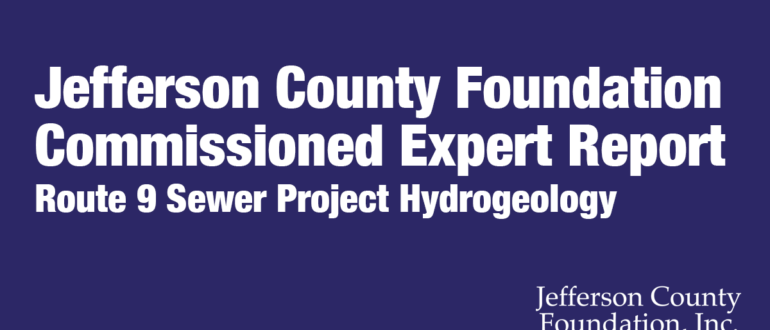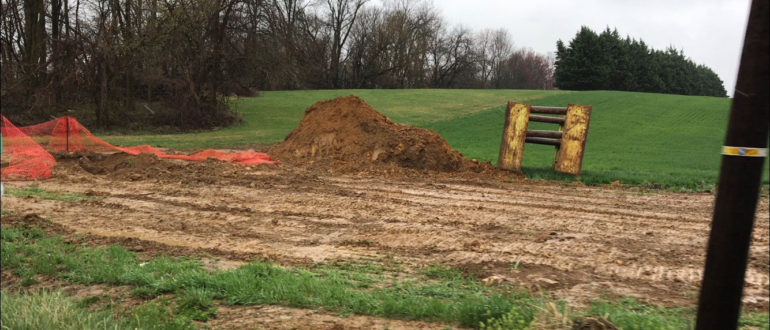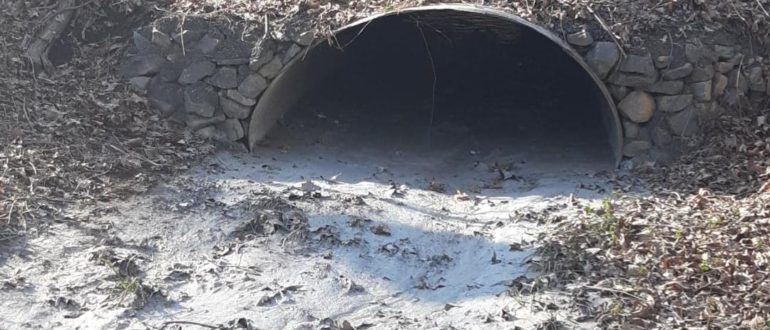Charles Town City Council and Building Commission Declare that Rockwool Has To Pay for Its Own Sewer Once and For All
Great news! Today, the Charles Town City Council and the Charles Town Building Commission declared moot the bond ordinance for the “super sewer” to Rockwool! Since the Fall of 2018, the residents of Charles Town have spoken up and opposed the public funding of the “super sewer” to Rockwool. Residents first made their voices heard through a petition presented in March of 2019, which the City Council rejected and approved to fund the sewer anyway. Then, immediately afterwards, the Super Blue Petition Crew (led by Dr. Chrissy Wimer, the Blue Petition Project Manager) worked hard in eight weeks gathered over 1,500 verified signatures of Charles Town “freeholders,” or property holders, and submitted another petition. The City Council, again, rejected the will of the people — but the Blue Petition to stop the public funding continued on, taking the challenge to Circuit Court. Eventually, the Judge ruled against the viability of the legal challenge, but because the residents did not agree with the Judge’s decision, an appeal was filed. In the meantime, Rockwool, who saw growing outcry against public funding for its infrastructure and the potential slowdown ongoing cases would bring, decided to fund its own sewer and did so.









Two Unanimous Votes
Tonight, the Blue Petition became a rousing success—the Building Commission and the City Council voted unanimously to declare the Bond moot and of no effect because the Blue Petition delayed the issuance of the bond until Rockwool paid for its own sewer through the 5.5-7h. Thank you to all of the people who signed the Blue Petition – without your signatures, this could never have happened! And thank you to all those who helped gather those signatures and do the immense amount of processing and back end work to make this a success—it took a team effort, and it was worth it. ROCKWOOL HAD TO PAY for its own sewer – as it should!
Hold the Line
This is the second defeat for Rockwool’s attempt to get public funding for its unwanted plant— the initial Property In Lieu of Taxation (PILOT) agreement, which provided Rockwool tax free status in exchange for the JCDA holding title to the property was declared null and void by the Circuit Court in August of 2019. Finding no support for any public funding in Jefferson County, Rockwool turned to the State Economic Development Authority and received authorization, without any public notice except on an obscure Charleston based agency website, for up to $150 million in bonds. Jefferson County Foundation has filed suit against the constitutionality of that bond mechanism, and is heading for the West Virginia Supreme Court soon. Other lawsuits and challenges continue on every front – help the Foundation continue the fight and hold the line!

